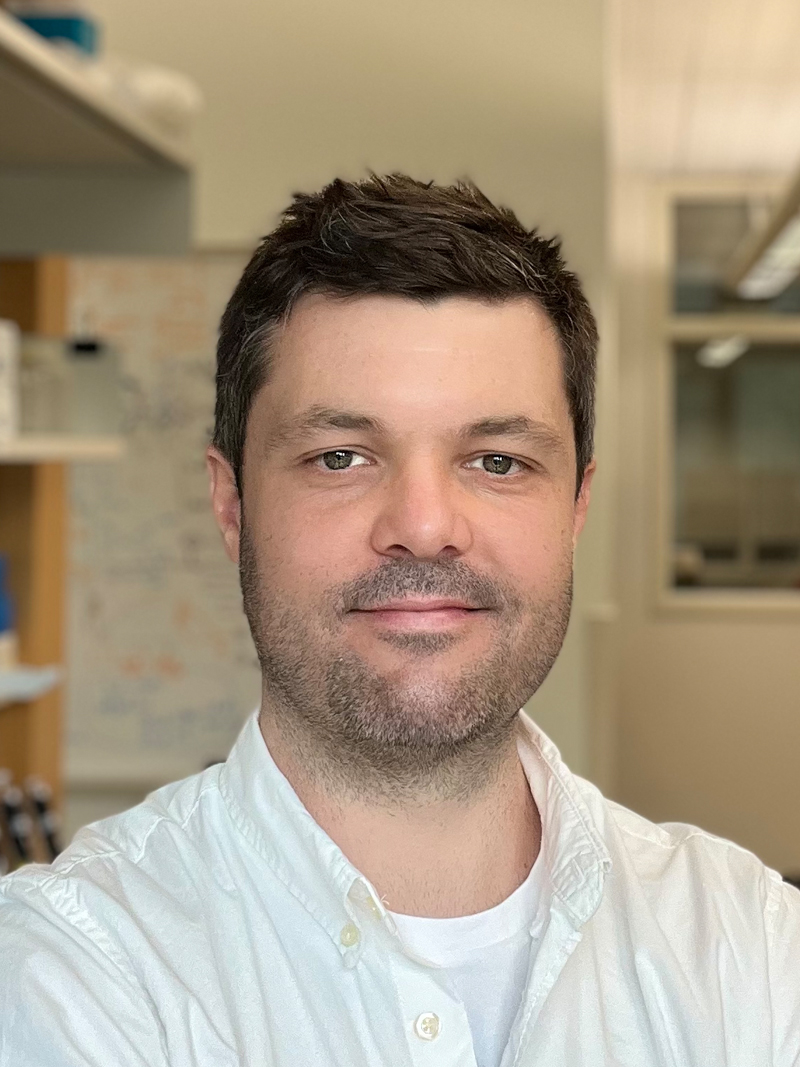
Our lab investigates the complexity of ecological systems to understand how they self-organize, adapt, and transform across space and time. We ask big-picture questions such as:
- How do individual interactions scale up to shape entire ecosystems?
- What forces structure biodiversity, food webs, and ecosystem productivity?
- Can we make sense of—or even predict—ecological change in a diverse, dynamic, and noisy world?
To address these questions, we blend theoretical and empirical approaches, including developing ecological theory and models, building experimental “micro-ecosystems” in the lab, and analyzing large-scale datasets. We also leverage innovative tools and technologies like high-throughput fluid imaging, molecular techniques, data science, and computational modeling. While our research is broadly applicable across systems and taxa, we have a special interest in microbial food webs. Despite being tiny, microbes are immensely diverse, essential to all ecosystems, and highly tractable for experiments—making them powerful models for studying ecological and evolutionary processes. A central focus of our work is understanding how organismal traits mediate responses to environmental change, and how those individual-level responses scale up to reshape populations, communities, and whole ecosystems.
Ultimately, we aim to uncover fundamental rules underlying ecological complexity while also generating insights that inform the stewardship of ecosystems in a changing world.